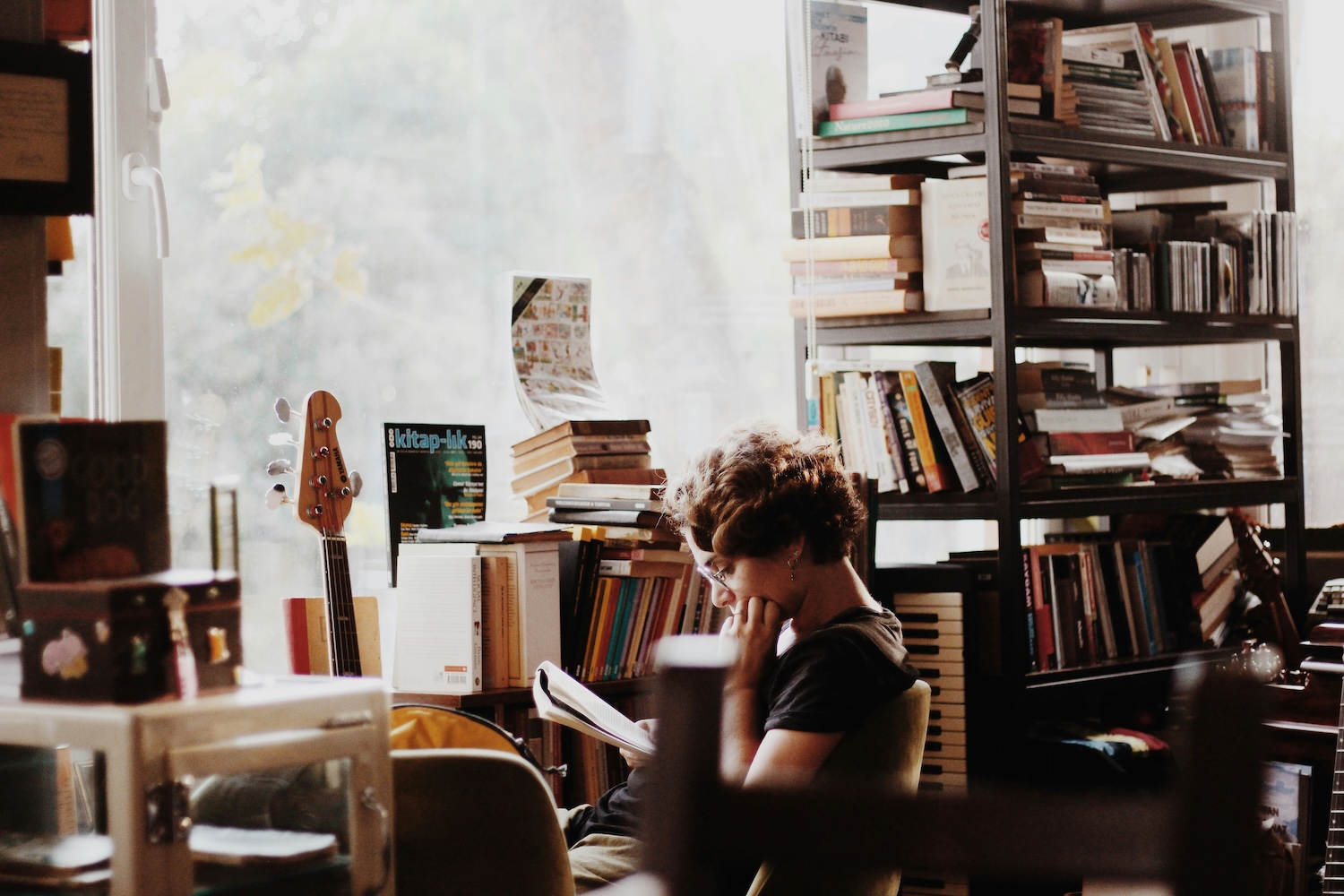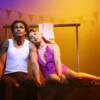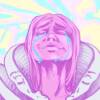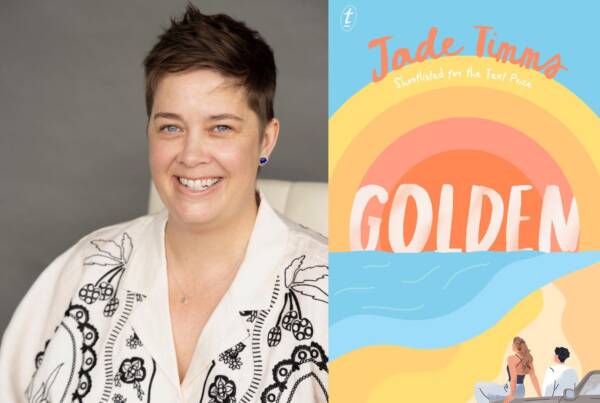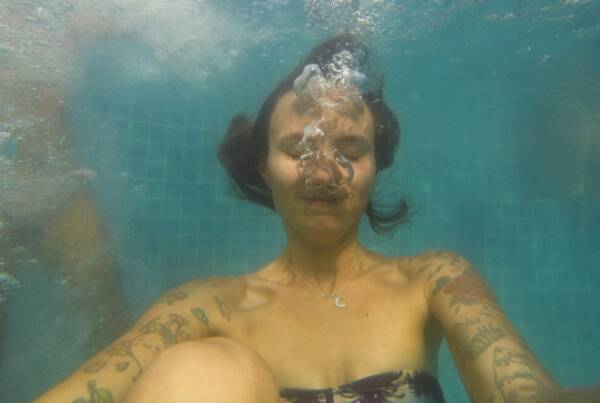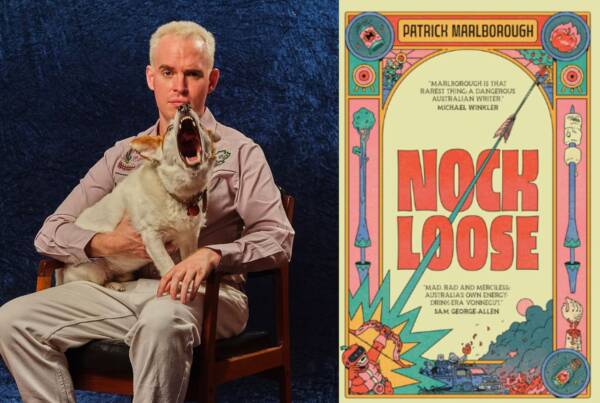Words by Chantelle Cobby // Photo by Hümâ H. Yardım
There was once a time when I would happily spend an entire day reading. Curled in the corner of the couch with a blanket draped over my knees, I’d happily immerse myself in whatever story had me in its grip that week, and basically forget the outside world even existed.
As an only child raised in the early-2000s, I was responsible for creating my own fun – and with household technology still in its pre-smartphone era – made up of Tamagotchi, password diaries, neopets, and CD mixtapes – after-school and weekend entertainment options were generally limited to however far you could stretch your imagination, or your library card.
Reading soon became my pastime of choice, and I cemented my identity as a quintessential young bookworm. A real-life Rory Gilmore, my school bag was always stuffed with at least three books – a novel, a short story, and a non-fiction title – something for every mood, of course. Sustained Silent Reading was undoubtedly, my favourite “subject” (if you can call it that) – and on more than one occasion, I got told off for trying to extend my own silent reading time well beyond the allocated period. Most days, I’d make up for it by disappearing into my room mere seconds after arriving home to pick up where I’d left off.
Nothing, however, compared to the Sunday afternoons when my family would head into town, and I’d tag along, invariably beelining for the local bookstore. Wandering the aisles of the children’s section, I’d graze my fingers over the untouched spines – and the moment one caught my eye, I’d find a quiet corner to sit cross-legged in, devouring as many pages as I could before my parents would inevitably, and rightfully, tell me off for getting halfway through a book that didn’t even belong to me.
Fast-forward to today, and while I’m a loud and proud lover of books, a solid few years went by where I barely touched a novel, something my younger self would be rather disappointed by. In what can only be described as a lovers-to-enemies-and-back-again trope, my once all-consuming hobby dropped well off my radar between my final years of high school and my early twenties.
From what I can see, two things are to blame.
The first is more obvious. For years now, we’ve been living in an Attention Economy. Our phones – and the endless carousel of apps that live within – offer fast, flashy hits of dopamine and gratification that no 350-page novel – and the six-hour time commitment that comes with it – could ever compete with.
I was coming of age when the early iterations of Instagram and Facebook were taking off in New Zealand, circa 2010. Anyone who hit their teens around then will remember the unparalleled novelty, excitement, and social currency that came with being able to chat with your friends whenever you wanted (without having to call their landline and ask their mum if they were home), participate in “like for a like” status updates, and follow chaotic meme pages. The slow burn of a paperback could no longer keep up with the quick thrill of being tagged in 120 blurry photos from someone’s iPhone 4 – and while none of us realised it at the time, the more we gave ourselves over to the digital world, the more fractured our attention spans became – something which, as I’m now discovering, has particularly long-lasting effects.
The second culprit, however, was a lot more subtle. As my friends will attest to, I was, and continue to be, fiercely ambitious and stubbornly determined – and somewhere between my pursuit of an unbroken run of excellence grades, and scholarship entry to university, I developed the belief that every hour of my time had to be channeled into something productive (how else was I going to achieve all the goals I’d set for myself?!).
I can’t pinpoint exactly where this mindset came from – I don’t recall anyone explicitly teaching me that rest was wasteful, or that success was directly proportionate to how much I hustled, but I internalised it anyway. I imagine it was an unfortunate but natural consequence of my sense of drive, although the capitalism and toxic productivity running rife in modern society wouldn’t have helped.
Either way, the result was the same – my TBR pile gathered layer upon layer of dust, all because I’d declared that reading was no longer worthy of my time, given its lack of measurable return or reward.
There was, however, one exception to my self-imposed rule – self-development titles. Any book that promised to make me a “better” version of myself got my tick of approval – so during those strange novel-less years, I cycled through my fair share of Five-Steps-To-[Insert-Outcome-Here] manuals. Whether or not they actually helped is still up for debate – but that’s a topic for another day.
I made my full return to fiction reading – in all its carefree and restful glory – somewhere between 2022 and 2023 (if memory serves, The Flatshare was the first novel I picked up post-hiatus, and it still stands amongst my favourite reads).
Perhaps I should be ashamed to admit – although, to be clear, I’m not – that I have BookTok to thank for my comeback. For anyone not as chronically online as I am, that’s the side of TikTok where users talk about their latest reads – and it only took a few videos of strangers gushing over captivating character arcs and plot twists to come across my feed for that once-familiar inner-giddiness – the kind that only a book can create – to stir within me once more.
And yes, I’m aware of the irony – the very thing that pulled me away from reading (partially, anyway) also brought me back. But, as far as I’m concerned, this contradiction is evidence of social media’s nuance. We often critique these platforms for pulling us apart from each other – and while that criticism is often valid, when used well, these digital spaces play an important role in enabling us to connect, find community, and be inspired (in my case, to pick up a book again). Plus, communities like BookTok are filling some of the gaps left behind with the disappearance of third places over recent years – including bookstores and libraries – and we mustn’t overlook how much that matters.
These days, reading looks a little different to what it once did (god, to spend an entire uninterrupted day with a book – my adult responsibilities could never). But it has taken on some new and beautiful shapes. Recently, for example, I’ve found myself in the midst of a book exchange with a close friend who now lives out of town. We often mail each other novels, carefully chosen to either match or challenge the other’s tastes – and this small act of love has helped bridge the geographical distance that now exists between us.
Just as I was once grateful for the companionship books offered, and the way they nurtured my young imagination, I’m now equally appreciative for how they’re helping me reconnect – with friends, with my younger self, and with the concept of rest. And while our love story may have had its messy middle, I’m glad that reading and I found our way back to each other – and I can’t wait to see where we go next.

